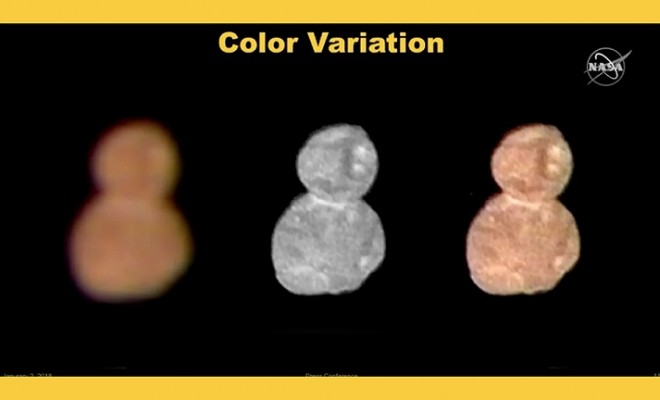
Useless Knowledge Begets New Horizons
Fundamental discoveries don’t always have practical uses, but they have soul-saving applications.
In October 1939, as Hitler, Mussolini and Stalin were plunging the world into war, an American educational reformer named Abraham Flexner published an essay in Harper’s magazine under the marvelous title, “The Usefulness of Useless Knowledge.”
Noting the way in which the concerns of modern education increasingly turned toward worldly problems and practical vocations, Flexner made a plea for “the cultivation of curiosity” for its own sake.
“Now I sometimes wonder,” he wrote, “whether there would be sufficient opportunity for a full life if the world were emptied of some of the useless things that give it spiritual significance; in other words, whether our conception of what is useful may not have become too narrow to be adequate to the roaming and capricious possibilities of the human spirit.”
Περισσότερα εδώ:
www.nytimes.com-Useless Knowledge Begets New Horizons
info photo
The first color image of Ultima Thule, taken at a distance of 85,000 miles on Jan. 1, 2019. Left and right-most images use near infrared, red and blue channels. Credit: NASA/Johns Hopkins University Applied Physics Laboratory/Southwest Research Institute.




